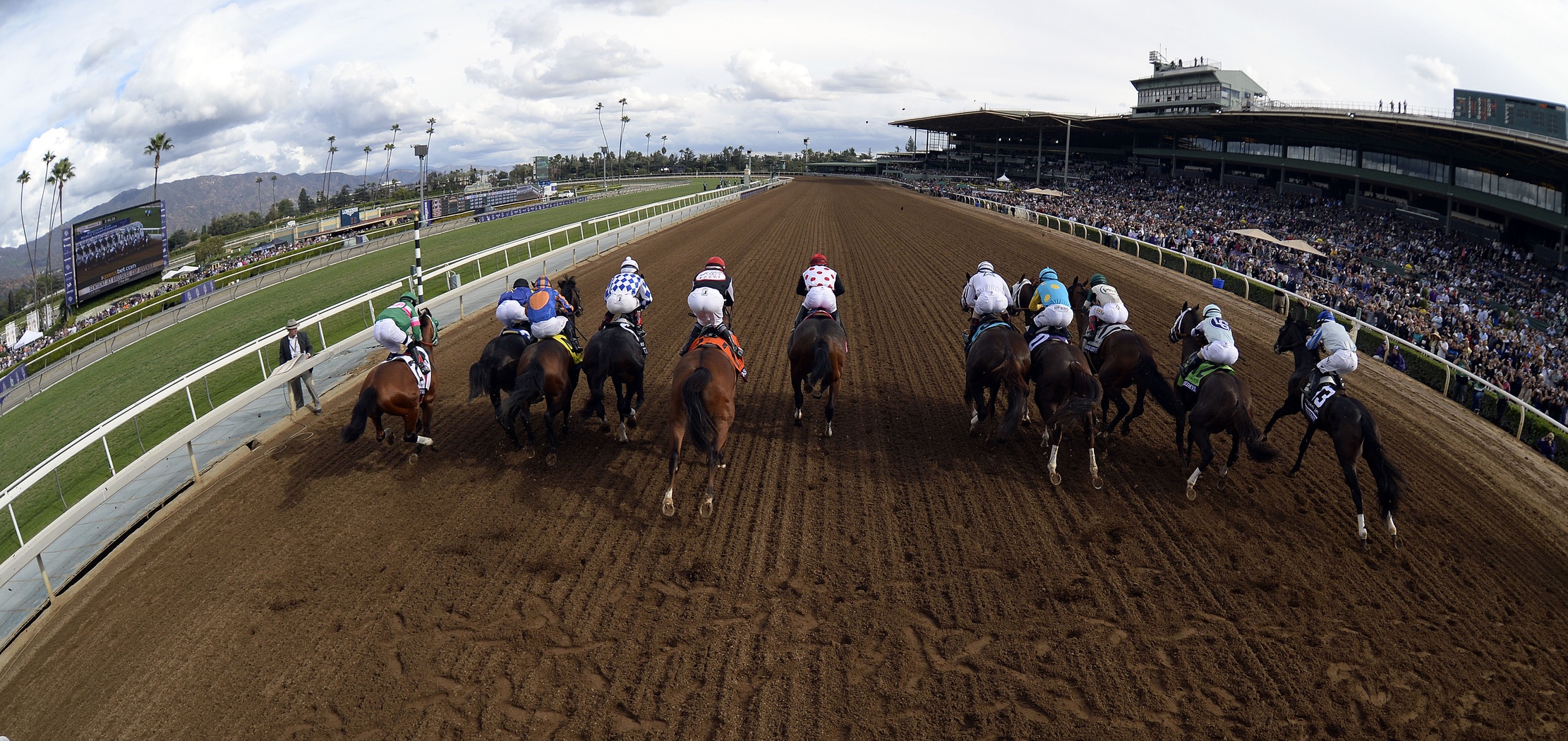Transactions in the equine industry often involve animals worth thousands, if not hundreds of thousands of dollars. These transactions get especially daunting in the world of equine sports; the average selling price of a horse at the Keeneland September Yearling Sale – the nation’s premiere Thoroughbred auction – was $130,780, with 18 yearlings selling for $1 million or more.
While most horse buyers aren’t looking to purchase a horse worth as much as a home, they may be looking for a horse to play the equestrian sport of polo. Polo ponies are not as costly as premiere racehorses, but ponies that are suitable for low to medium post play can still range from $15,000 to $35,000 or more. Intuitively, one would think that these transactions involve piles of paperwork, lengthy negotiations, and the parties having a clear understanding of what rights are changing hands. For many of these transactions, this is not the case, and the sales are only memorialized with a handshake. Unfortunately for many buyers and sellers in the equine industry, these handshake transactions can have dire consequences.
In order to avoid the risks inherent in engaging in handshake transactions, buyers and sellers in the horse industry should seek and expect written contracts in transactions involving these large, valuable animals. Written contracts can protect both buyers and sellers in the horse industry, yet the same people who save receipts from buying horse feed have no papers to memorialize an agreement to buy a horse.
While a written contract cannot completely prevent any disputes from occurring, legal disputes become much more expensive to resolve and less manageable when a written contract is not available to interpret.
Contracts involving the sale and purchase of horses are important, and an equine sale contract should at least include six main components:
- The names, addresses, and contact information of the buyer, seller, and sales agent (if any);
- A clear description of the horse sold;
- A promise that the seller owns the horse and has the legal authority to sell it to the buyer;
- The full purchase price;
- The date the seller was paid; and
- That the seller was paid in full (or the remaining sum that is due and when it must be paid).
Veterinary history is another important factor that horse buyers should ask to have included in a contract, since it can be difficult to prove that a seller made any promises with regards to the animal’s veterinary history, and any vices or bad habits the horse may have.
In addition to the points outlined above, another vital clause to include in equine contracts is the horse’s ability to breed and the transfer or retention of breeding rights. There has been confusion over what law should govern the sale of breeding rights, and this confusion can lead to litigation with unanticipated results. Depending on the circumstances of the agreement, a breeding right could be characterized as either a good or a general intangible, which impacts the applicability of Article 2 of the Uniform Commercial Code (UCC) and other sources of law.
Given the high prices of equine breeding rights and other transactions, these dealings often rely on credit to run smoothly, and such agreements should be transacted in writing. Typical sources of credit in the horse industry are either directly from the seller or from a third party, such as a bank. Therefore, execution of promissory notes and the granting of collateral to the lender under Article 9 of the UCC are both quite common. In order to ensure that all of the value of the equine collateral will be available to satisfy the security interest, lenders in these cases should seek a security interest in additional collateral, such as the born or unborn offspring of the horse, all contract rights and general intangibles of the debtor pertaining to the horse, racing income, breeder’s awards, and other income related to the horse, breeder’s certificates pertaining to the horse, and all other proceeds and products of the horse.
In order to avoid costly litigation over the terms of an unwritten agreement, equestrian transactions should be written down and recorded. These high-priced agreements are prone to disputes, and the absence of a written contract only amplifies these concerns. It is time for the equine industry to finally buck the trend of transacting business while relying on a simple handshake. Heitner Legal, with its wealth of experience regarding contracts, negotiations and dealings in the world of Sports Law, is happy to help.
Resources:
Robert Frank, Horse Cents: Racehorse Prices Back on the Run, CNBC.com (Sep. 20, 2013, 10:53 AM), http://www.cnbc.com/id/101050384.
Julie I. Freshtman, Horse Sales Disputes Waiting to Happen, The Equine Chronicle (Aug. 31, 2013), http://www.equinechronicle.com/horse-sales-disputes-waiting-to-happen/.
John J. Kroppa, J. Jeffrey Landen, & Daniel C. Heyd, Horse Sense and the UCC: The Purchase of Racehorses, 1 Marq. Sports L.J. 171 (1991).
Melissa Zeller, Beyond the Handshake Deal, United States Eventing Association (Mar. 16, 2010, 8:31 PM), http://useventing.com/news/beyond-handshake-deal.

